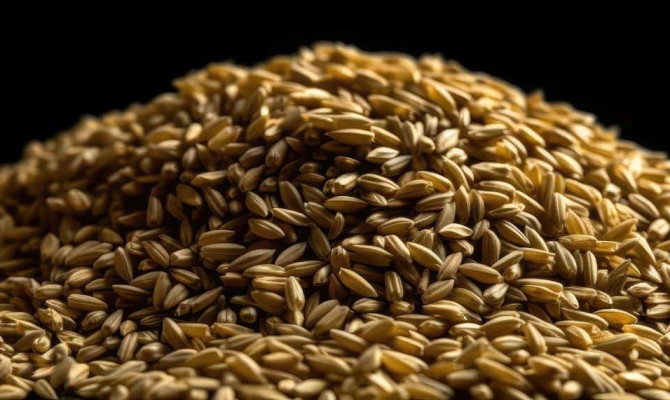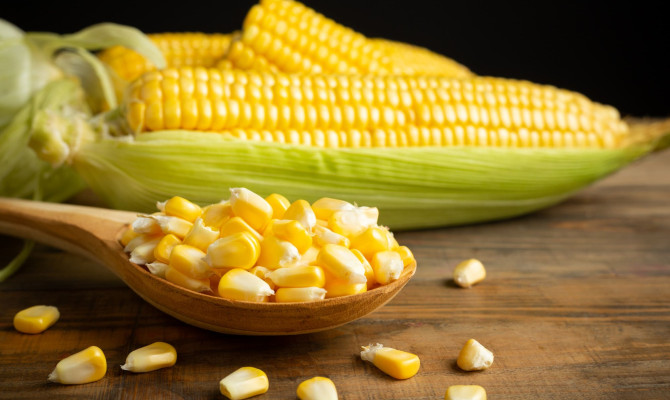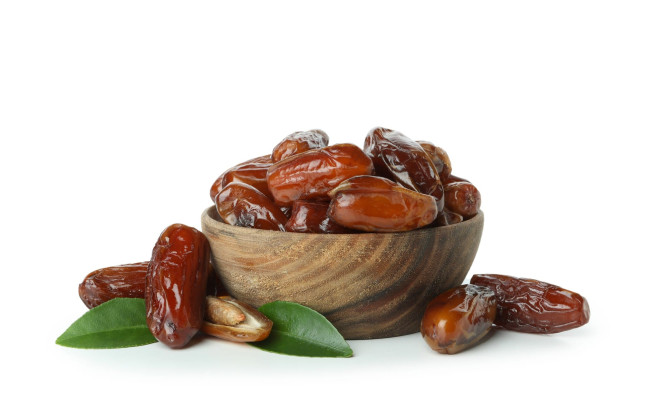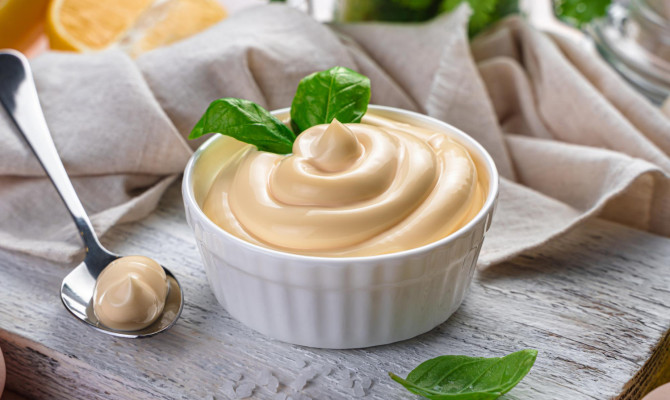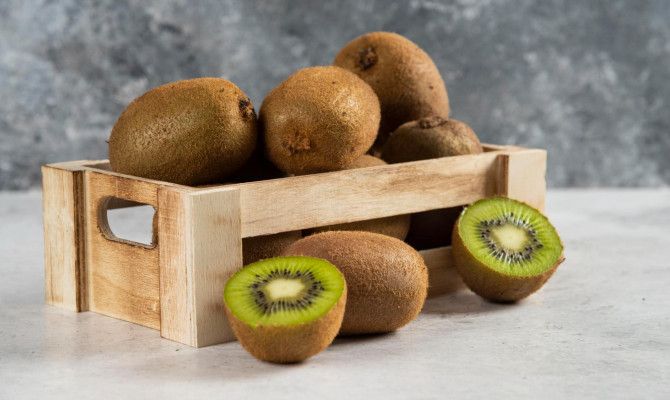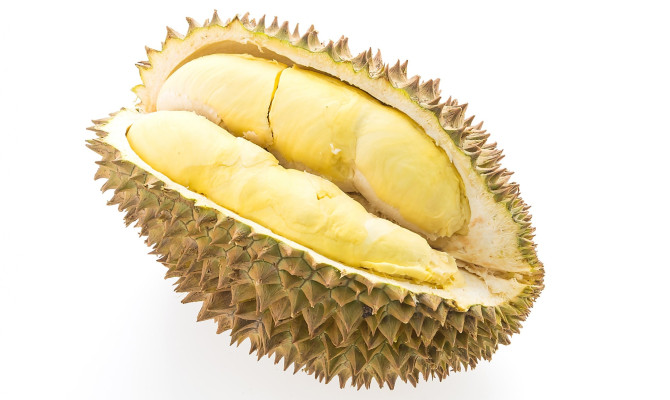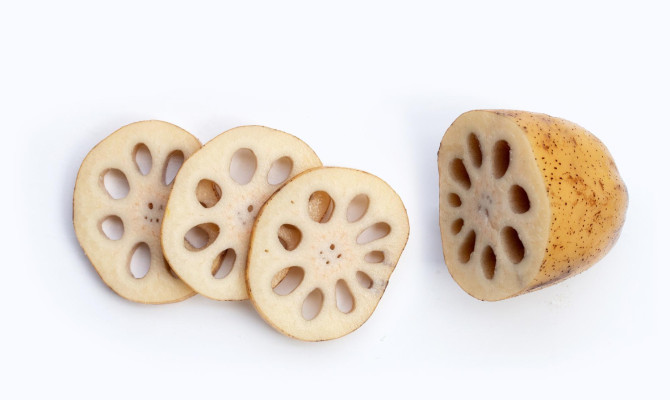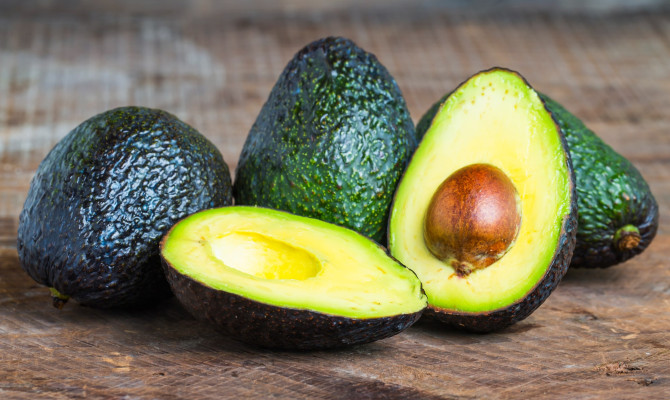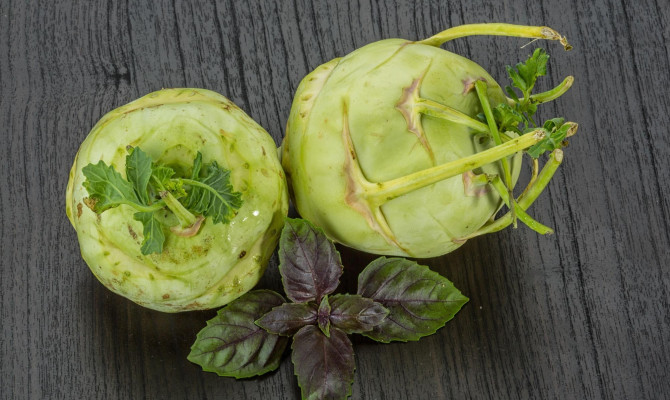Coconut and its health benefits

- Coconut
- 17 Aug 2023
Overview
Overview
The enormous coconut tree, a symbol of abundance and adaptability has long been treasured as a representation of nourishment since it benefits nature and humanity in significant ways.
Its scientific name is Cocos nucifera and it belong to the family Arecaceae, commonly known as the Palm family.
In this article we will discover the fascinating world of coconuts—an incredible wonder of nature. We will dive into its cultural significance, health benefits, and astounding range of applications that have made it a part of numerous communities worldwide.
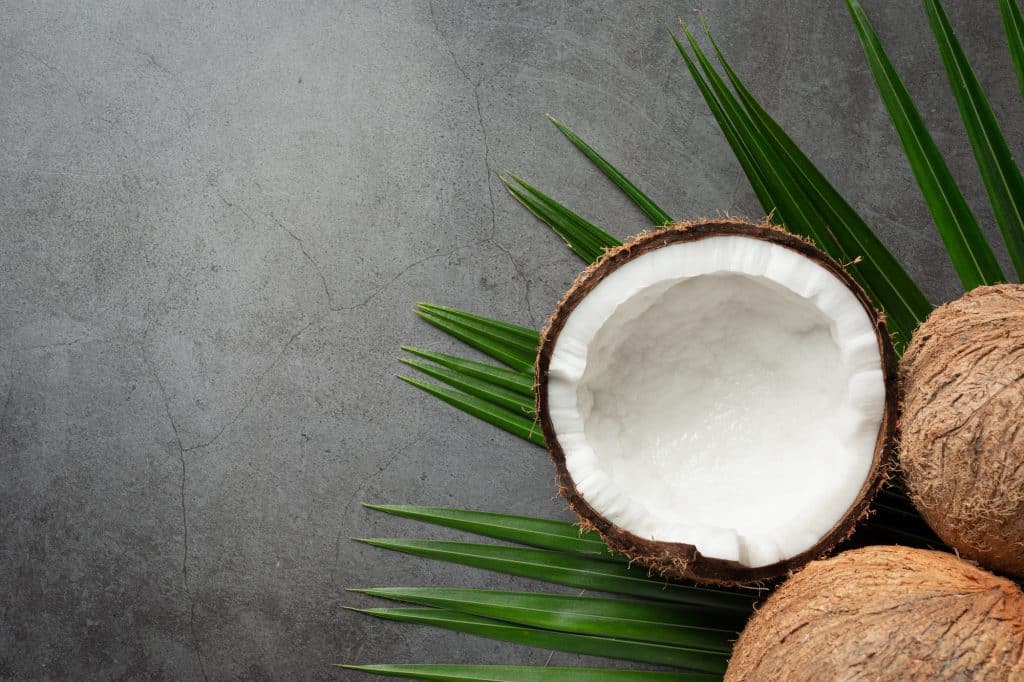
Health Benefits
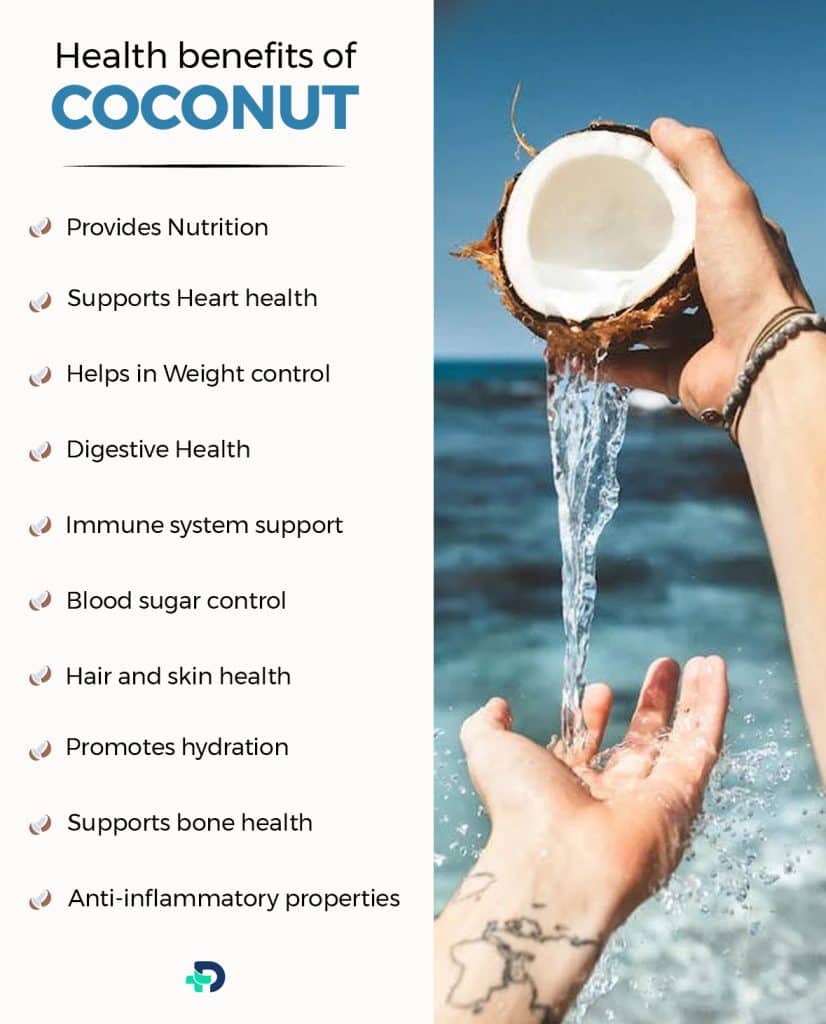
Health benefits of Coconut
- Provides nutrition
- Supports health of heart
- Helps in weight management
- Good for digestion
- Supports immune system
- Good for hair and skin
- Helps as Nutrient powerhouse
- Promotes hydration
- Good for digestion
- Controls Blood sugar
- Improves bone density
- Helps in reducing inflammation
Provides Nutrition
- They include a lot of essential minerals, antioxidants, and vitamins. They are rich in potassium, manganese, copper, iron, and other minerals necessary for producing red blood cells, as well as other biological processes like neuron function and bone health.
Supports Heart health
- Medium-chain triglycerides (MCTs), a beneficial fat that might improve heart health, are abundant in coconuts. They are quickly digested and turned into energy, lowering cholesterol levels and enhancing lipid profiles to lessen the risk of heart disease.
Helps in Weight control
- MCTs, which are present in coconuts, can aid in weight control. They are swiftly broken down by the body, leading to increased energy use and feelings of satiety, which may support weight loss efforts.
Digestive Health
- As a result of the dietary fiber they contain, the digestive system is supported. Fiber helps promote regular bowel movements, avoid constipation, and feed healthy gut flora, enhancing gut health in general.
Immune system support
- The immune system is bolstered and protected against various diseases and illnesses by lauric acid’s antibacterial and antiviral effects.
Blood sugar control
- The fiber and good fats in the food can help control blood sugar levels and prevent spikes. For those with diabetes or at risk of getting it, this benefit is incredibly beneficial.
Hair and skin health
- Natural oils found in coconuts are used in numerous cosmetic and hair care products. These oils protect the skin from moisture loss, moisturize it, and make it suppler. It has antibacterial properties that help cure skin issues, including eczema and acne.
Promotes hydration
- Young coconuts contain a clear liquid called coconut water that is refreshing and naturally supplies electrolytes, making it an excellent option for hydration, especially after exercise or in hot weather.
Supports bone health
- Strong, healthy bones are maintained because of the calcium and magnesium they contain. Regular use of foods containing coconut oil can improve bone density and reduce the risk of osteoporosis.
Anti-inflammatory properties
- Anti-inflammatory qualities can be found in some ingredients, including phenolic compounds and antioxidants. This may contribute to preventing and treating inflammatory disorders by lowering inflammatory levels in the body.1Health benefits| Researched based study from Nlm.nih.gov ,2Health Benefits| Researched based study from Harvard.edu
Nutrition
The nutrition profile of Coconuts
Coconuts have a great nutritional profile since they offer a variety of crucial nutrients. The main ingredients in a typical serving (100 grams) of raw, shredded coconut flesh are broken down as follows:
Nutrition in Coconut meat (flesh)
- Calories: approximately 354
- Carbohydrates: about 15 grams
- Dietary fiber: roughly 9 grams
- Protein: around 3 grams
- Fat: approximately 33 grams (mainly saturated fats)
- Micronutrients: Contains trace levels of potassium, manganese, copper, iron, and B vitamins (including folate and niacin).
Nutrition in Coconut water
- Calories: approximately 46
- Carbohydrates: about 9 grams
- Dietary fiber: roughly 3 grams
- Protein: around 2 grams
- Fat: negligible amounts
- Micronutrients: This group of nutrients includes minerals like calcium and salt and small amounts of vitamins C and B (including riboflavin and thiamin). It also contains significant amounts of potassium and magnesium.
Nutrition in Coconut oil
- Calories: approximately 117 per tablespoon (14 grams)
- Fat: about 13 grams (almost all of it is saturated fat)
- Micronutrients: contains negligible amounts of vitamins and minerals.
It’s important to remember that coconut-based products like milk or cream may have varied nutritional profiles depending on the processing techniques and additional ingredients used. For accurate data, it is advisable to check the nutrition labels of certain goods.3Nutrition| Researched based study from Usda.gov
Products
List of products made from Coconut tree
Oil
- It is derived from the meat (kernel) of mature coconuts and utilized in food preparation, personal care products, hair care, and as a foundation for various cosmetic and medicinal products.
Milk
- A common element in many cuisines, milk is made from the shredded flesh of mature coconuts. It is also used to make extracted beverages, sweets, and curries.
Water
- It is a hydrating beverage found inside young, green coconuts. In addition to being consumed as a beverage, it is often added to smoothies, cocktails, and sports drinks.
Flour
- It is a gluten-free substitute for wheat flour and is made by drying and grinding the meat of the coconut. In baking, mainly gluten-free recipes, it is used.
Sugar
- It is a natural sweetener made from the sap of coconut blooms. It is frequently used as an alternative to refined sugar in baking, cooking, and preparing beverages.
Vinegar
- The vinegar, made from fermented coconut water, is frequently used as a condiment in salad dressings and cooking.
The desiccated coconut
- The coconut meat in this is dried and coarsely shredded. It is common in sweet and savory recipes, baking, and confections.
Charcoal made from coconut shell
- Burning coconut shells produces charcoal that can be used as a fuel source, a cooking fuel, or to make activated carbon for filters.
Coir
- Coir is the name for the fibrous substance extracted from the husk. It is used as a growing medium in horticulture to manufacture ropes, doormats, carpets, and brushes.
Coconut husk-derived products
- The husk can make various goods, including coir, pots, baskets, ropes, mats, mattresses, and garden erosion-control materials.
Wood products
- Construction materials, flooring, furniture, and decorative objects are all made from coconut tree wood.
Soaps and cosmetics containing oil
- Due to its moisturizing qualities, it is frequently found as a component in soaps, lotions, creams, shampoos, conditioners, and other cosmetic goods.1Products| Researched based study from Nlm.nih.gov
Side effects
Side effects of Coconut
Although it is generally safe to use and consume, there may be a few adverse effects to be aware of, particularly in specific situations, for individuals in particular conditions, or with specific sensitivities. The following are some possible negative effects:
Allergies
- Despite being rare, they can happen. After consuming or coming into contact with coconut goods, some people may have allergic responses such as itchiness, hives, swelling, breathing difficulties, or gastrointestinal discomfort.4Side effects| Researched based study from Nlm.nih.gov
High-calorie intake
- Coconut goods are heavy in calories and saturated fat, especially coconut milk, and oil. If ingested in excess, these goods may have a harmful influence on cardiovascular health in addition to causing weight gain. The key is moderation.
Digestive issues
- When consuming a lot of coconut or its byproducts, some people may feel gastrointestinal discomforts, such as bloating, gas, or diarrhea. This is more likely to happen if you consume too much or already have digestive problems.5Side effects| Researched based study from Nlm.nih.gov
FODMAPs
- FODMAPs, also known as fermentable oligosaccharides, disaccharides, monosaccharides, and polyols, are found in coconut goods. Consuming significant amounts of coconut products may cause digestive problems in those with irritable bowel syndrome (IBS) or sensitivities.
Bottom Line
The bottom line
They have numerous advantages and uses. The coconut tree is a flexible resource, offering a variety of products, including flour, sugar, milk, water, oil, and byproducts like byproducts. But it’s essential to be aware of any possible adverse effects and other factors related to its usage.
In summary, it is possible to enjoy coconut and its products as a part of a balanced diet. Still, it is crucial to consider individual circumstances, allergies, and potential interactions.
Any feedback on this article?
 This Articles content was accurate
This Articles content was accurate Very Informative Article
Very Informative Article I have a question or a comment
I have a question or a comment
 This article contains inaccurate content
This article contains inaccurate content This article was not helpful
This article was not helpful I have a question or a comment
I have a question or a comment
We appreciate your helpful feedback!
Checkout our social pages
References
-
National Library of Medicine
Coconut oil and palm oil's role in nutrition, health and national development: A review | Health benefits | Products
-
Harvard T.H CHAN
Coconut Oil | Health benefits
-
U.S. DEPARTMENT OF AGRICULTURE
Foundation Foods | Nutrition
-
National Library of Medicine
Coconut allergy | Side effects
-
National Library of Medicine
Evaluating the Patient With Diarrhea: A Case-Based Approach | Side effects












